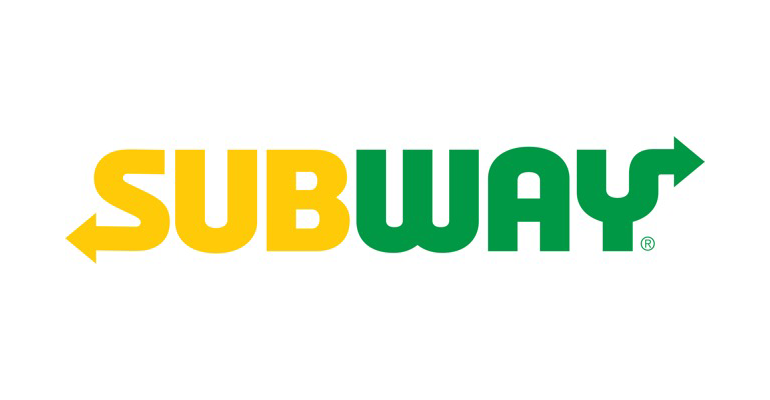A U.S. appeals court threw out a settlement between Subway and its customers Friday, agreeing with a class action reform advocacy group that the problems cited in the original lawsuit had no merit.
The parties have to either negotiate a new settlement or dismiss the case.
“A class action that ‘seeks only worthless benefits for the class’ and ‘yields [only] fees for class counsel’ is ‘no better than a racket’ and ‘should be dismissed out of hand,” read the decision by the U.S. Court of Appeals for the Seventh Circuit, released on Friday. “That is an apt description of this case.”
Subway came under criticism in 2013 when an Australian teenager measured a Subway footlong sandwich, found it to be only 11 inches long, and then posted it onto social media.
The post went viral and generated media attention. Attorneys began investigating and filing lawsuits. The two sides mediated and plaintiffs in the case began focusing mostly on ensuring Subway worked to make sure its sandwiches were the proper length.
The two sides settled last year, with Subway agreeing to pay attorneys for the plaintiffs $525,000 in legal costs, and $500 apiece to each of the 10 people who led the class action lawsuit.
Subway also agreed to various steps to ensure their sandwiches were either six or 12 inches, including training and inspections and a tool for workers to measure bread in the restaurants.
But Ted Frank, the director of the Competitive Enterprise Institute’s Center for Class Action Fairness — who joined the lawsuit as a member of the class — appealed the settlement, arguing that the case had no merit and that the case “enriched only the lawyers and provided no meaningful benefits” to the customers who were part of the lawsuit.
Subway’s unbaked bread rolls are uniform, with the same ingredients and weight. The variations in length were due to the “natural variability in the baking process and cannot be prevented,” the decision states.
“Subway sandwiches are made to order in front of the customer; meat and cheese ingredients are standardized, and ‘sandwich artists’ at toppings in whatever quantity the customer desires,’” the ruling says.
And even with the steps being taken, Subway can’t fully ensure that its bread won’t end up less than 12 inches, due to the baking variability.
“It’s safe to assume that Subway customers know this is a matter of common sense, but the settlement requires Subway to include a disclaimer on its website and in a poster prominently at each restaurant: ‘Due to natural variations in the bread baking process, the size and shape of bread may vary,’” the decision says.
“We are pleased that the Seventh Circuit Court of Appeals recognized, as had the lower court before it, that the Subway brand did not misrepresent its product,” Subway said in a statement. “We stand behind our commitment to quality.”
Frank, who appealed the decision, praised the ruling.
“By rejecting this class action settlement, the Seventh Circuit recognized it as part of the ‘racket’ plaintiffs’ attorneys use to extract fees for themselves while providing class members with nothing,” Frank said in a statement. He said the appeals court “has been at the forefront of protecting consumers from litigation in which plaintiffs’ attorneys abuse the class action system solely for their personal profit.”
Contact Jonathan Maze at [email protected]
Follow him on Twitter at @jonathanmaze





